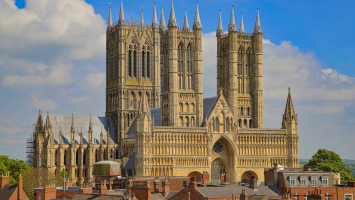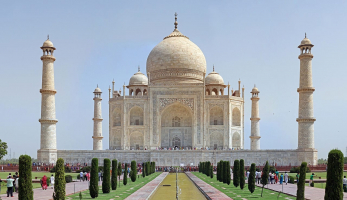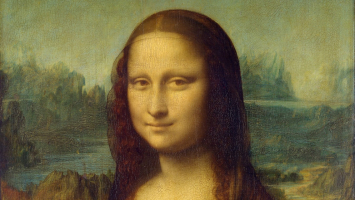Top 5 Most Famous Religions in The World
Have you ever felt curious about what the most famous religions in the world are? And what are some of their most common beliefs? Toplist will answer this ... read more...question for you.
-
Christianity is no doubt among the most famous religions in the world. It has more than two billion followers to date, making it the religion with the largest adherents worldwide! Beliefs about human birth, life, death, and Jesus Christ's resurrection are central to the Christian faith. Many historians consider the global acceptance and expansion of Christianity to be one of the most effective spiritual endeavors in human history, despite its humble beginnings.
So what are the key Christian beliefs? This section will name some of them:
First of all, Christians are monotheists, meaning they believe in a single God who created the earth and the heavens. This holy Godhead includes three parts: God the Father, Jesus Christ, and the Holy Spirits.
Secondly, Christianity is centered on the human life, death, and Christian beliefs about Jesus' resurrection. To be more specific, Christians believe Jesus - the messiah - was sent by God to rescue the world. They trust that Jesus was executed on a cross for the atonement of sins, raised three days later, and ascended to heaven before going to heaven. In what is known as " Jesus's Second Coming", Christians claim that Jesus will come back to earth one day.
Followers: 2 billion
Founded: 1st century

Source: TheSchoolRun 
Source: The San Diego Union-Tribute -
Which religion is second to Christianity in terms of popularity? Well, our answer is none other than Islam; indeed, it is the second biggest religion in the world, only behind Christianity, with around 1.8 billion Muslims. Hence, no doubt it appears on our list of the most famous religions in the world.
Islam is the newest presence of the main global faiths - despite the fact that its origins reach back longer in time: To be more specific, Islam originated in Mecca and Saudi Arabia during the prophet Muhammad's lifetime. Today, this religion is quickly growing over the globe, expanding to more than 100 countries.
These are some interesting facts about this religion:
For starters, the term "Islam" signifies "submission to God's will", and Muslims are the name for Islam followers. Muslims are monotheists who worship Allah, the Arabic name for the all-knowing God. Followers of Islam strive to submit themselves completely to Allah.
Secondly, Islam says that the angel Gabriel conveyed Allah's message to the prophet Muhammad. That's why Muslims believe that several apostles were sent to preach the law of Allah. They hold Abraham, Moses, Noah, and Jesus in high regard, as do Jews and Christians.
Last but not least, Mosques are places of prayer for Muslims. The Kaaba temple, the Al-Aqsa shrine, and the Apostle Muhammad's mosque in Medina are all significant Islamic holy sites.
Followers: 1.8 billion
Founded: Year 610

Source: Wikipedia 
Source: Egypt Independent -
According to several historians, Hinduism is the world's oldest religion, with origins and rituals stretching back to 4,000 years. Indeed, Hinduism, with around 900 million adherents, is the third-largest religion in the world - only after Christianity and Islam. India is home to over 95 % of the world's Hindus. It is impossible to trace the origins and history of the religion since it has no official founder.
Hinduism is distinctive in that it is not a single religion - but rather a collection of several traditions and ideologies. Here are some of the most common and fundamental Hinduism beliefs:
First of all, Hinduism incorporates various religious concepts. Because of this, it is commonly called a "style of life" or a "family of faiths" rather than a single, structured religion.
Secondly, most varieties of Hinduism are non-theistic, which implies they not only serve a single deity known as "Brahman" but also acknowledge the existence of additional gods and goddesses.
The Hinduism followers think there are several ways to approach their deity. Hindus believe in samsara (the perpetual cycle of death, life, and rebirth) and karma (which is the universal rule of causes and effects). One of the major concepts of Hinduism is "atman," or the soul idea. According to this belief, all living things possess a soul and are a part of the ultimate soul. The objective is to attain "moksha," or salvation, which terminates the circle of rebirths and allows one to merge with the ultimate soul.
Last but not least, one of the religion's major tenets is that a person's actions and ideas directly impact their present and future existence.
Followers: 900 million
Founded: 2300 B.C. to 1500 B.C.
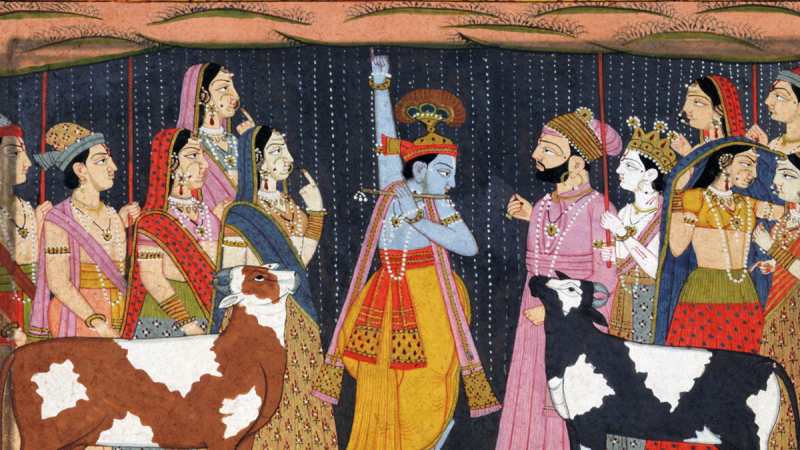
Source: History.com 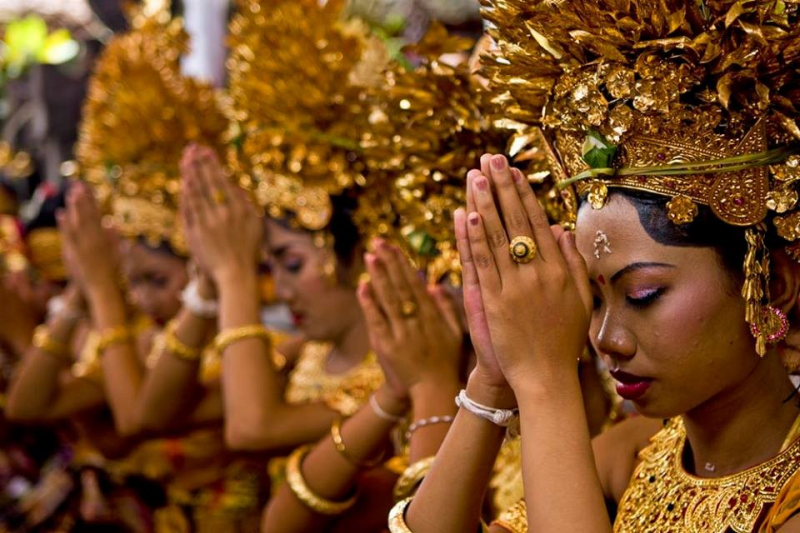
Source: Documentary Tube -
Buddhism was created by Siddhartha Gautama ("the Buddha") in India more than 2,500 years ago. Buddhism, with around 470 million adherents, is regarded by experts as one of the main global religions. Historically, its prevalence has been greatest in Southeast and East Asia, yet its impact is currently expanding further in the West. Buddhist concepts and philosophies sometimes coincide with some other religions, too.
Here are some essential Buddhist beliefs:
First of all, Buddhism denies the existence of an ultimate god or divinity. They concentrate on gaining enlightenment, which is a condition of inner calm and enlightenment. When followers achieve this spiritual level, we could say that they have attained "nirvana". The founder of the faith, Buddha, is regarded as a great person, but not a deity - unlike other religions.
Secondly, the term Buddha translates to "enlightened." The route to enlightenment requires morality, meditation, and intelligence. Buddhists often meditate because they think it enlightens the truth within them.
Also,Buddhism has several ideologies and interpretations, making it a progressive and open-minded religion. Some academics do not consider Buddhism to be an established religion, but rather a "way of life" or "spiritual tradition." Buddhism teaches its followers to shun both self-indulgence and self-denial.
The Four Great Truths, the most fundamental teachings of Buddha, are vital to Buddhism comprehension. Buddhists believe in reincarnation and karma (the rules of causes and effects) (the neverending cycle of rebirth).
Last but not least, there is no unique Buddhist symbol; instead, they have a collection of different symbols, including the lotus, the eight-spoked wisdom wheel, the Bodhi tree, and the swastika - which have emerged to symbolize Buddhist teachings.
Followers: 470 million
Founded: 6th century B.C.E
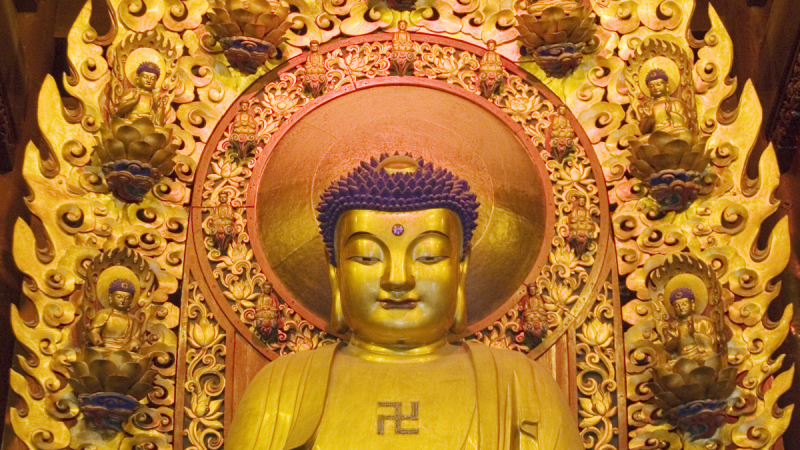
Source: History.com 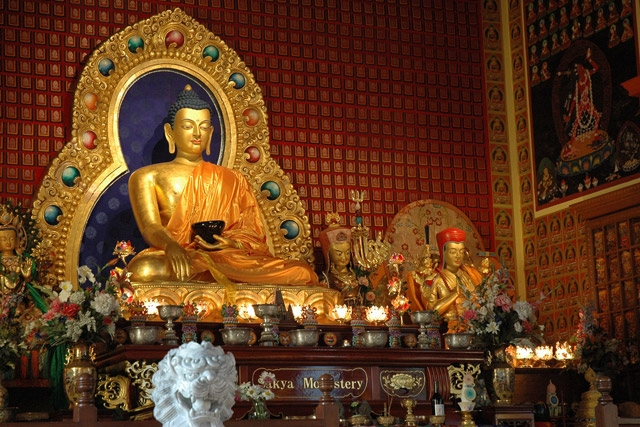
Source: Asia Society -
People who do not profess any religious doctrine through confession, baptism, regular prayer, respect, or church attendance often practice folk religion. Folk religions may incorporate parts of liturgically regulated faiths, as is the case with folk Islam, folk Christianity, or folk Hinduism. Still, they can also survive independently - as is the case with the Dao Mau religion in Vietnam and several indigenous religions.
Paul Drews - a Lutheran pastor and theologian - coined the phrase "folk religion" in 1901 in his book Religiose Volkskunde (German for "religion of the common people"). Drew aimed to characterize the experiences of the ordinary "people" or peasants, in order to teach pastors about the types of Christian religion they would encounter after graduating from seminary.
However, the notion of folk religion actually precedes Drew's formulation. During the 19th century, Christian missionaries found people in rural regions who practiced a superstitious form of Christianity, including sermons delivered by clergy.
This finding provoked fury in the ecclesiastical community, which is now documented in many written series that portray the development of folk religions. This collection of writing peaked in the early 19th century, describing peculiar religious activities and highlighting the predominance of folk religion in Catholic communities.
Followers: 405 million
Founded: 19th century

Source: NPR 
Source: Ariana Linquist







